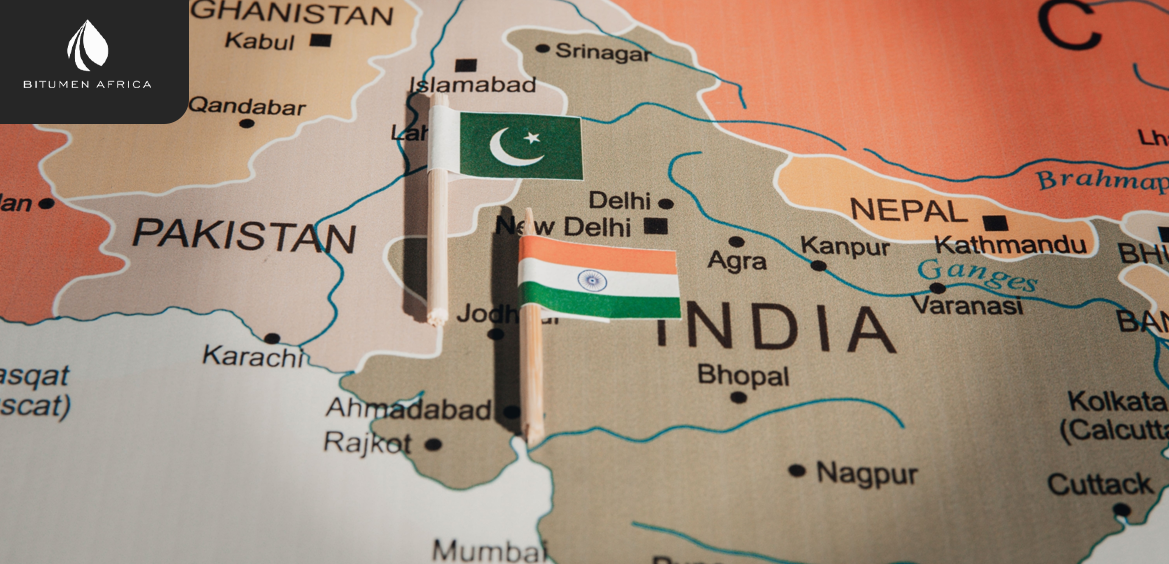A war between Pakistan and India would have major consequences for Central Asia, considering its proximity to Afghanistan and the region's growing economic ties. The conflict could disrupt trade and energy routes, exacerbate militancy, and invite intervention from global powers like China, Russia, and the United States. The ongoing competition among external powers already makes Central Asia a strategic region, and a Pakistan-India conflict would likely intensify this competition, further destabilizing the area.
The Central Asian republics—Kazakhstan, Uzbekistan, Turkmenistan, Kyrgyzstan, and Tajikistan—could become key battlegrounds for external powers seeking to protect their interests. While Russia, Turkey, and the United States are preoccupied with conflicts in Ukraine, Syria, and the Middle East, respectively, a Pakistan-India war might compel them to shift their focus to Central Asia. This heightened involvement would add pressure to an already tense geopolitical situation in the region.
China, a key ally of Pakistan, could deepen its presence in Central Asia as part of its strategic partnership through the \$65 billion China-Pakistan Economic Corridor (CPEC). In response to India’s regional influence, China might ramp up investments in infrastructure and energy projects, bolstering trade between Central Asia and China. In 2023, trade between the region and China rose 27%, reaching \$89 billion, underscoring the growing economic ties.
Further complicating matters, China's presence in Central Asia could extend beyond infrastructure, as Moscow's focus on Ukraine might leave the door open for Beijing to strengthen its security ties with the region. China's role in arms sales and military cooperation could increase, especially in the wake of Russia’s limited capacity to address security concerns in Central Asia. Moscow’s involvement in the region might also center on reinforcing border security and increasing intelligence-sharing, capitalizing on its historical ties with the region.
The United States, potentially seeing an opportunity to counterbalance China and Russia, may increase its attention to Central Asia. Although no U.S. president has visited the region, a visit by a figure like Donald Trump could signal a shift toward greater military or economic engagement with Uzbekistan and Kazakhstan. Additionally, the situation in Afghanistan could worsen, as the Taliban's support for Pakistan's insurgents could destabilize both Pakistan and Central Asia, worsening the flow of refugees and militancy while delaying critical infrastructure projects like the TAPI pipeline and the Trans-Afghan railway.

